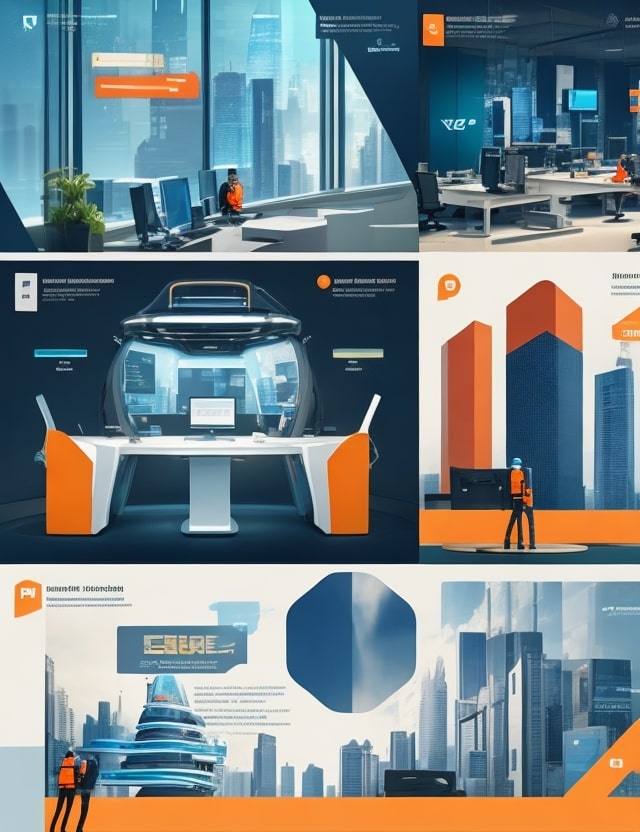Introduction
Employers’ requirements for talents change frequently in a market for jobs that is continuously changing. It is essential for professionals and job seekers to keep ahead of the curve as technological breakthroughs alter businesses and new challenges arise. People can improve their employability and put themselves in a successful position by learning the skills of tomorrow. This essay examines the fundamental competencies that organizations are emphasizing more while looking for talent. Understanding these abilities will provide you a competitive advantage as well as the resources you need to succeed in the workplace of the future.

1.Resilience and Flexibility
Adaptability and resilience are essential abilities at a time of rapid technological breakthroughs and business shocks. Employers respect people who can adapt swiftly to changing conditions, embrace new technologies, and navigate change. Flexibility, a growth mentality, and a readiness to unlearn are all necessary for the ability to adapt. The ability to overcome failures, remain motivated, and have a positive outlook in the midst of difficulties is referred to as resilience. Employees that exhibit flexibility and resiliency become priceless assets in a constantly shifting company environment.
2.Problem-Solving and Critical Thinking
Employers are looking for experts who can think critically and offer novel ideas as firms face more complicated issues. Making educated decisions requires using critical thinking skills, which include critically examining information and weighing various viewpoints. It also includes the capacity to see issues quickly and find effective solutions, whether through analytical thinking, intuition, or logical reasoning. People can develop their critical thinking and problem-solving abilities to become strategic thinkers who provide insightful opinions and propel organizational success.
3.Empathy and Emotional Intelligence
Emotional intelligence (EI) and empathy have become highly sought-after abilities in a society that values collaboration and efficient communication. EI includes relational management, social awareness, self-regulation, and self-awareness. Employers respect those who are able to comprehend, control, and navigate their emotions as well as interpersonal interactions. Better leadership, teamwork, and customer service are all fostered by empathy, the capacity to comprehend and share another’ feelings. Employees can improve interpersonal interactions, foster a healthy work environment, and increase organizational performance by cultivating emotional intelligence and empathy.
4.Digital Literacy and Technological Proficiency :
Digital literacy and technology competence are now considered essential skills by the majority of employers in our increasingly digitalized environment. This involves being skilled at using digital tools and platforms, being familiar with developing technologies, and having the flexibility to adjust to changes in the digital landscape. Employers are looking for personnel who can use technology to simplify procedures, evaluate data, and stimulate innovation. A strong foundation in digital literacy is necessary to fulfill the demands of the modern workplace, from elementary computer literacy to sophisticated abilities in data analysis, programming, or cybersecurity.
5.Collaboration and Communication
Although effective communication and collaboration skills have always been necessary, they are now even more crucial in the linked and globalized world of today. People who can communicate ideas clearly, listen attentively, and modify their communication style for various audiences are highly valued by employers. Working well in teams, developing relationships, and successfully utilizing the pooled knowledge and talents are all characteristics of strong collaboration skills. Employees may contribute to a positive work environment, encourage innovation, and accomplish common goals by strengthening their communication and cooperation skills.

6.Learning and Adaptation Throughout Life
The ability to learn and adapt is a skill in and of itself as industries continue to change and new technologies are developed. Employers look for people who are dedicated to lifelong learning, staying current with industry trends, and picking up new knowledge and abilities. This entails continuing to remain inquisitive, looking for possibilities for professional advancement, and being adaptable. Employees that embrace lifelong learning can further their professional development while simultaneously advancing the success and creativity of their company.
Conclusion
In a job market that is always evolving, mastering the skills of tomorrow is crucial for career advancement and employability. The fundamental competencies that companies are looking for include adaptability, critical thinking, emotional intelligence, digital literacy, communication, cooperation, and the capacity to learn and adapt. People may position themselves as significant assets to organizations by identifying and honing these skills, which will open doors to interesting opportunities and guarantee long-term career success. Your ability to succeed in the dynamic workplace of the future will be boosted by adopting an attitude of ongoing learning and development.
